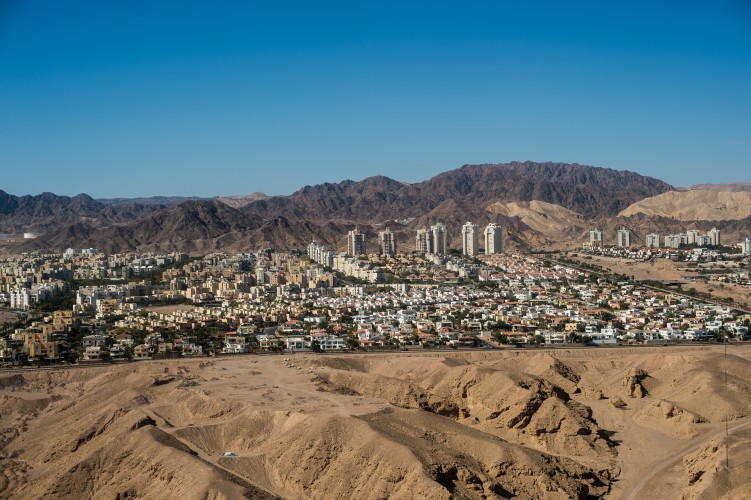Israel Aims To Bring More Russian Tourists to Eilat
In order to boost tourism from Russia and Europe, the Israeli Tourism Ministry is offering a financial incentive of 45 Euros for every passenger to aviation companies and tour operators operating direct flights to Eilat.
As a result of these promotional activities, 200 new flights are expected to land in Eilat during the next few months, with the potential for tens of thousands of tourists according to the ministry.
“Of four million Russian tourists that used to go to Egypt each year Israel can get about 10 percent, that is, approximately 400,000,” PR Director of the Russia Department of Israel’s Ministry of Tourism, Sophia Kosharovskaya told Tazpit Press Service.
Kosharovskaya also indicated that if Russian and Turkish relations would not improve, the ministry would work on attracting those Russian tourists who used to go to Turkey, to visit Israel. According to Kosharovskaya, the ministry expects a 20-30% rise in the number of Russian tourists visiting Eilat this year compared to last year.
A representative from a leading Russian tour operator told TPS that planes have been packed. “Our first charter plane to Eilat landed in Israel on November 21, and it was full,” said Anna Podgorny, head of Pegas Touristik, one of the leading Russian tour operators that previously sent a large number of tourists to Egypt.
Vacation to Israel in now promoted on the company’s website under the slogan “The Red Sea from the Other Shore”.
Pegas Touristik has scheduled direct flights to the Ovdah airport, located outside Eilat, from seven Russian cities including Moscow, St. Petersburg, and Ufa.
Following crash of the Russian plane in Sinai, Russia prohibited tour operators from sending tourists to Egypt even via third countries. Some of those tourists arriving in Eilat, however, take their chances and cross the border to go to Taba, an Egyptian resort in Sinai, instead of staying in Eilat.
“The numbers are low now that Russia has banned tourism in Egypt, but you can still see buses going to Taba from the Eilat airport. They arrive at the airport by the time charter planes from Russia land,” General Manager of the Eilat Hotel Association, Shabtai Shay told TPS.
According to Shay, vacation in Eilat can be twice as expensive as that in Sinai. However, Israeli hotels are eager to attract tourists from Russia despite relatively high prices. Several hotels in Eilat are considering switching to “all inclusive” specifically to meet the demands of Russian tourists indicated Shay.
Eilat has suffered from a drop of tens of percentage points in incoming tourism from Europe following Operation Protective Edge. In addition, incoming tourism is also affected by the economic crisis in Russia, which is the second largest source country for incoming tourism to Israel followed by the US. The resort city has some 50 hotels in the city offering about 12,000 rooms, as well as dozens of hostels and budget accommodation.
The Israeli Tourism Ministry’s new incentives will generate about 35 weekly flights expected to land in Eilat from Europe this winter.
